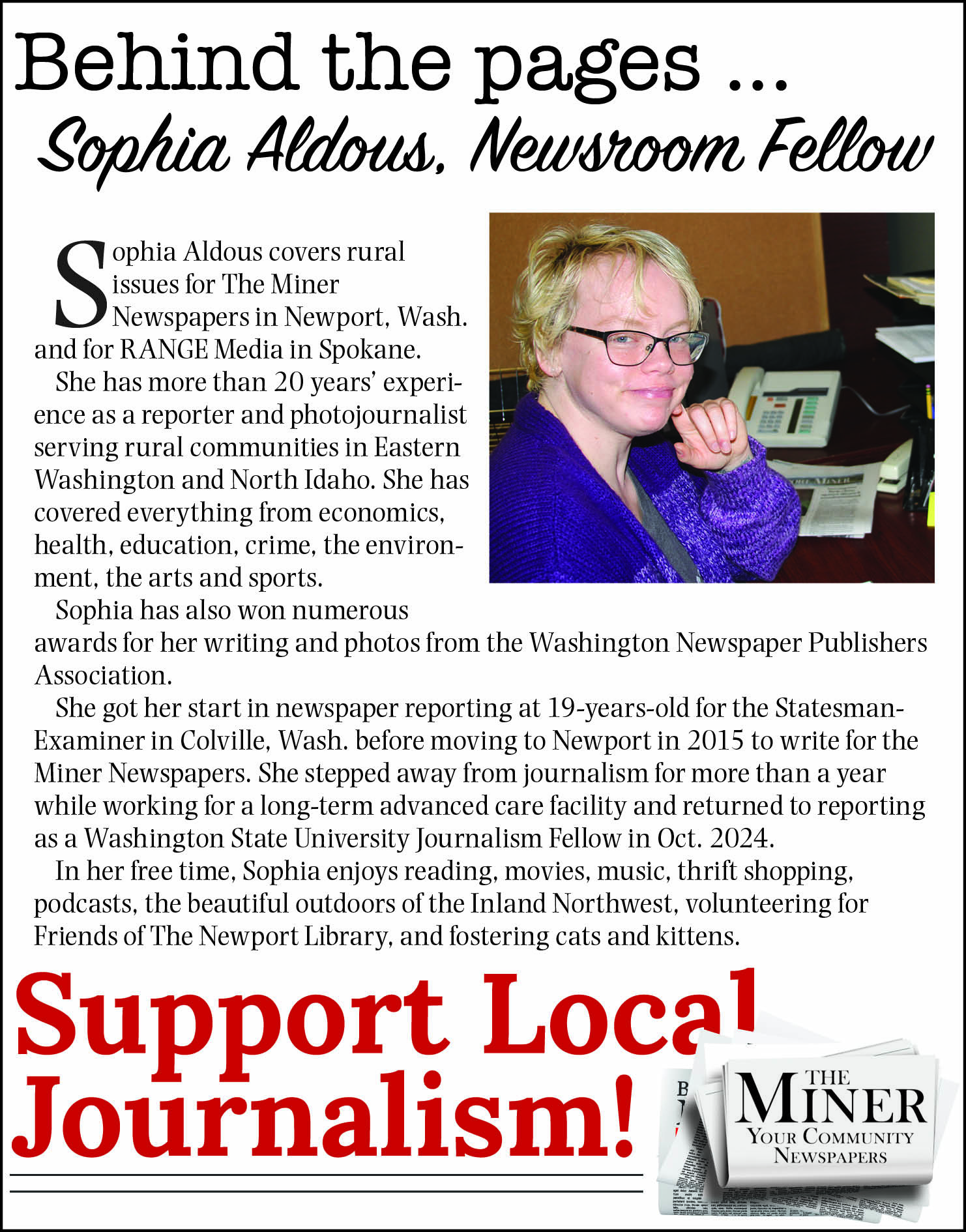I addressed the House Natural Resources Committee to sound the alarm on a crisis that’s hitting rural America especially hard: fentanyl trafficking. From Colville to Yakima, drug cartels are targeting rural areas and tribal lands with deadly precision.
This isn’t just a problem for rural and tribal law enforcement. It’s a public emergency in our own backyard.
In late July, a Mexican national was sentenced to 19 years in prison after federal, state, local, and Tribal law enforcement seized 161,000 fentanyl-laced pills, 80 pounds of methamphetamine, 6 pounds of heroin, over 2 pounds of cocaine, and 12 firearms, all bound for the Colville Indian Reservation. The trafficker was a high-ranking member of a criminal network operating across Washington, Montana, and neighboring tribal lands.
Unfortunately, this wasn’t an isolated case. In a separate operation concluded in June 2025, the Drug Enforcement Agency and Bureau of Indian Affairs dismantled another trafficking ring on the Yakama Nation Reservation, charging 13 individuals—some of whom were criminal aliens—and seizing 7,100 pounds of marijuana, 336 pounds of meth, nearly 25 pounds of cocaine, 7 pounds of fentanyl powder, 4,704 fentanyl-laced pills, 12 firearms, and over $22,000 in drug proceeds.
These cases highlight a deeper challenge: drug cartels are deliberately exploiting jurisdictional gaps to run trafficking operations with less risk of prosecution.
I’m proud to represent the Spokane, Kalispel, and Colville Confederated Tribes Reservations and have a personal connection to the Nez Perce Reservation in Idaho, since I grew up nearby and spent my childhood playing basketball in Lapwai.
I cosponsored the PROTECT Act, a bipartisan bill to ensure that tribal courts and law enforcement have the authority necessary to prosecute drug traf- fickers, firearms offenses, and related crimes on our tribal lands.
In addition, Congress passed—and President Trump signed—the HALT Fentanyl Act, which permanently classifies fentanyl-related substances as Schedule I drugs, ensuring law enforcement can prosecute traffickers with clarity and consistency.
The One Big Beautiful Bill Act delivered on border security—the largest investment of its kind in our nation’s history. These resources are essential—not just for immigration enforcement—but for choking off the supply of fentanyl, precursor chemicals and other deadly drugs being trafficked across our borders and into our communities.
While Congress can authorize resources, laws are only as strong as their execution at the local level. Real results depend on smart coordination and cooperation between federal, state, tribal, and local authorities.
An important funding source is the Edward Byrne Memorial Justice Assistance Grant (JAG) Program—the federal government’s leading source of justice funding for states and local jurisdictions. JAG supports law enforcement, prosecution, as well as mental health and drug courts. These are all valuable tools. But when it comes to confronting the fentanyl crisis JAG dollars are especially critical for multi-jurisdictional drug task forces, undercover operations, and coordinated interdiction efforts.
In 2024, nearly half of all JAG applications in Washington state came from local law enforcement, yet only 4 out of 49 qualified applicants—just 8%—were awarded to law enforcement. Most of the funding went to nonprofit or administrative programs. Community-based efforts have an important role to play, but we need to do a better job getting more of these resources to the front lines—where local officers and task forces are working to disrupt the trafficking networks that operate inside our communities.
The governor and Legislature should think again about where the JAG funding is going and make law enforcement, helping tribes and rural police a higher priority.
While the federal government is investing heavily to secure the border and dismantle transnational cartels, programs like JAG are critical to strengthening the local ground game—intercepting what slips through, breaking up street-level distribution, and keeping our neighborhoods safe. This local effort builds on what we achieved through the One Big Beautiful Bill.
But make no mistake: this is a fight that’s far from over.
To the criminals bringing fentanyl into our communities: you will be caught, prosecuted, and put away.
And to the men and women in uniform who patrol our highways, protect our towns and reservations, and secure our communities: you have my full support.
.png)













